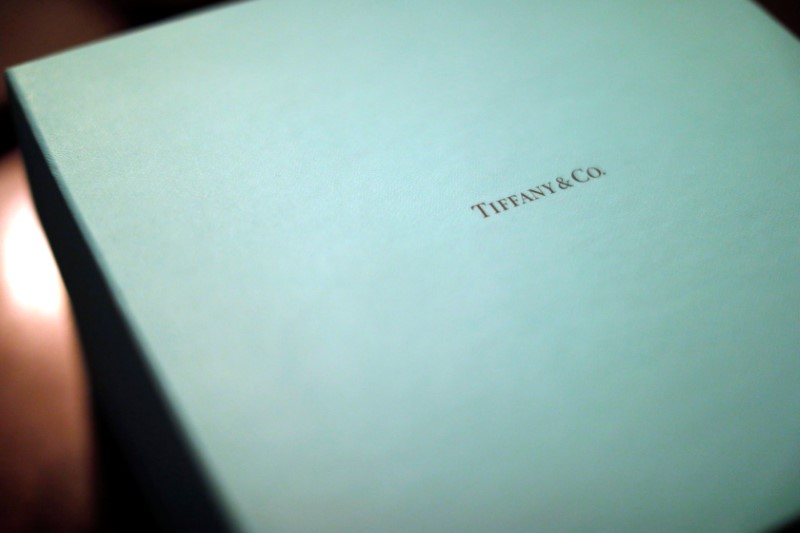Reuters API
Jul 16, 2018
U.S. luxury retailers could thrive amid trade tensions
Reuters API
Jul 16, 2018
Though the escalating tensions between the United States and several of its trading partners could hurt companies across a broad range of sectors, several industries are poised to withstand them or even thrive, according to U.S. financial services firm Cowen and Company on Friday.

China's recent revisions to tariffs have a clear benefit to luxury retailers, Cowen analysts said in a report. While the country raised import duties on several categories of U.S. goods, it lowered tariffs on apparel, cosmetics, household goods and jewellery.
The lower tariffs on jewellery could especially benefit Tiffany & Co, as 16 percent of its sales come from China, Cowen said.
Other industries, including banks, restaurants and discount retailers, face relatively minimal impact from the burgeoning trade war and could even benefit under certain conditions, Cowen said.
Banks do not rely directly upon imports and exports, so the biggest risk for the group would be an overall economic slowdown if the trade war were prolonged. In that case, regional and community banks in areas especially hit by tariffs, such as the rural U.S. Midwest, would have the most exposure to risk from an economic slowdown.
Conversely, if the White House's stance on trade resulted in fewer tariffs on U.S. goods and stronger intellectual property protections for U.S. companies in China, it could boost the U.S. economy and thereby brighten banks' outlooks.
Restaurants are insulated from tariffs because they source most of their food from within the United States. As with banks, the biggest tariff-related risk for the industry is a general economic slowdown.
Ongoing trade disputes have pushed down grain prices, which could lead to increased protein production and ultimately lower prices for poultry and cattle.
As a result, quick-service restaurants may cut prices, especially if tariffs begin to hit customers' wallets. That scenario would benefit large chains such as McDonald's Corp and Taco Bell, owned by Yum Brands Inc, but not regional chains such as Sonic Corp or Jack in the Box Inc, Cowen analysts said.
Discount and off-price retailers are also well-positioned as trade tensions ratchet up. Walmart Inc and Costco Wholesale Corp derive more than half of their sales from groceries, which shields them from tariff pressures, Cowen said.
Both chains would benefit from shoppers seeking lower prices in the event of an economic downturn. That same scenario would help off-price discretionary retailers such as TJX Companies Inc, Ross Stores Inc and Burlington Stores Inc, according to Cowen.
© Thomson Reuters 2024 All rights reserved.

























